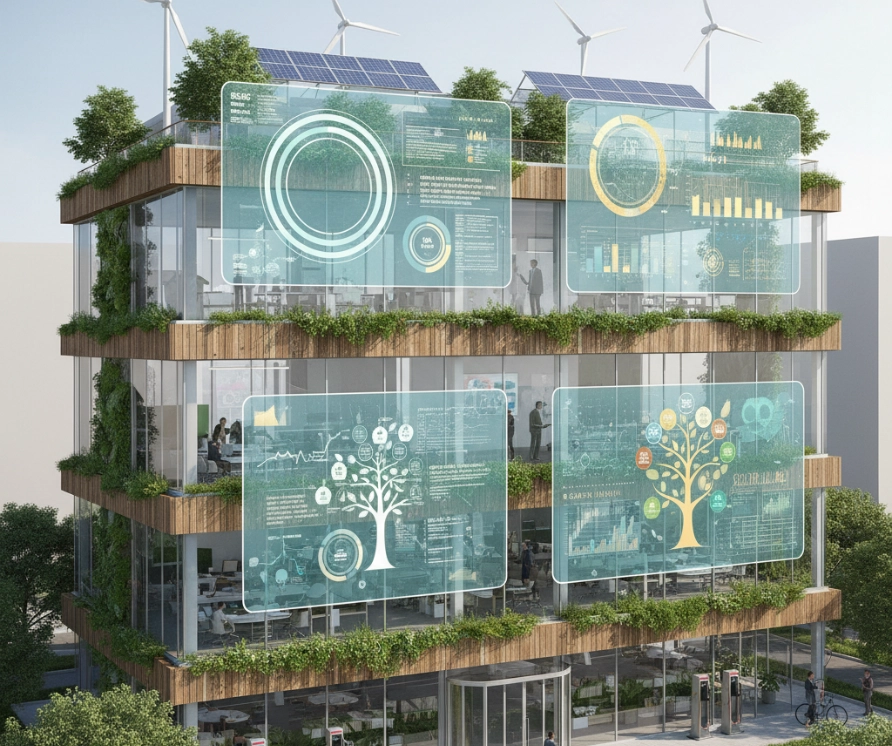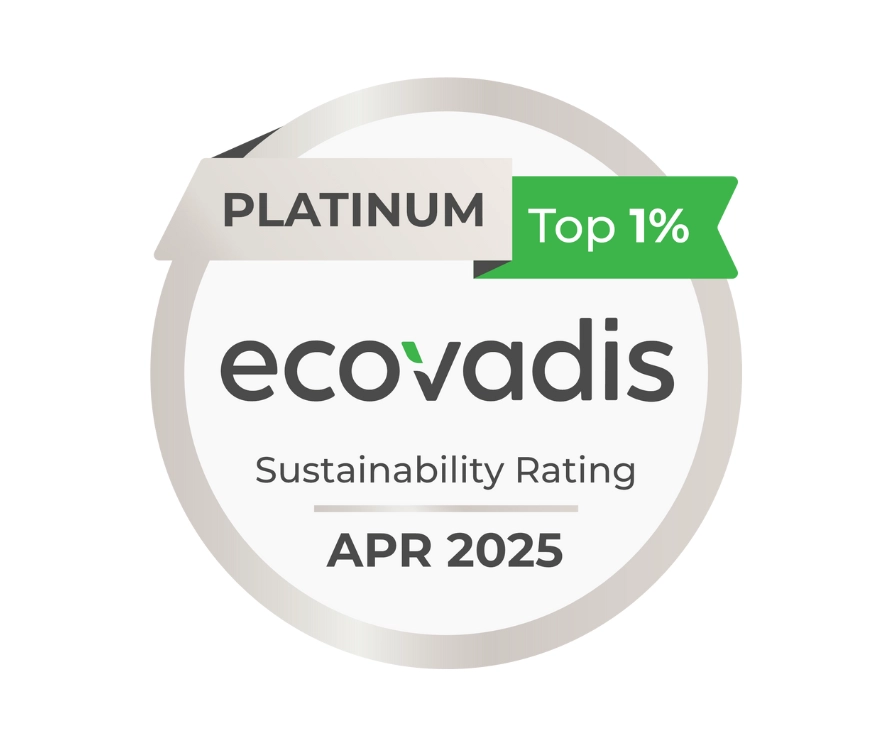The hospitality industry is undergoing a significant ESG transformation. Green labels, plastic reduction, local partnerships, renewable energy… initiatives are multiplying. Yet, a paradox persists: customers want sustainability, but not at the expense of their comfort.
The concept of the “green guest” or “eco-tourist” is increasingly prevalent in the hotel and tourism industry. It refers to a traveler concerned about the environment, who prioritizes stays with minimal ecological impact. This trend perfectly aligns with the ESG (Environmental, Social, and Governance) objectives that many companies are integrating into their strategy.
According to a recent study conducted by Accor, Booking.com, and the University of Surrey, over 70% of travelers claim to want to stay in eco-responsible establishments. Hotels are adapting: removal of energy-intensive minibars, limiting daily linen washing, vegetarian menus, etc.
When Expectations Clash with Sustainable Practices
The paradox lies in the gap between customers’ stated intentions and their actual behaviors. Hotels that implement rigorous ESG policies may face complaints or a decrease in satisfaction if these policies are perceived as constraints by a portion of the clientele.
Concrete examples of tensions :
- Elimination of single-use plastics: The switch to shower gel and shampoo dispensers may be poorly perceived by some customers who prefer small individual bottles, seen as more hygienic or luxurious.
- Reduced cleaning frequency: The proposal not to clean the room daily, even with an incentive, is not always accepted by everyone, who see it as a decrease in service.
- Water consumption restriction: Low-flow showerheads, although ecological, can be judged less effective and impact the customer experience.
- Heating and air conditioning: Many guests wish to maintain a specific temperature in their room, even in their absence, or demand very strong air conditioning, which can generate excessive energy consumption contrary to ESG objectives.
How to Reconcile ESG and Customer Satisfaction?
To overcome this paradox, the hospitality industry must adopt a strategic and communicative approach.
1.Communication and Awareness
It is essential to clearly explain the reasons for sustainable practices and to show the environmental benefits. Awareness can be raised through informative posters, personalized messages, or interactions with staff. The aim is to transform a perceived constraint into positive participation in a collective effort.
2.Innovation and Alternative Solutions
Hotels can invest in more ecological technologies that do not impact customer comfort. For example, intelligent energy management systems, low-consumption equipment without sacrificing performance, or innovative recycling solutions.
3.Offering Choices
Rather than imposing rules, offering choices to customers can be an effective strategy. For example, proposing not to change towels and offering in return a voucher for a drink at the bar. This allows the customer to feel like an actor in their choice.
4.Transparency and Impact Measurement
Communicating on the results of ESG efforts (e.g., X liters of water saved, Y tons of CO2 reduced) can strengthen the establishment’s credibility and motivate customers to participate.
EnvoEdge, your ESG data collection partner
Envoedge allows hotels to monitor and manage their energy consumption in real time, optimize the performance of their equipment (heating, air conditioning, lighting), and generate precise reports on their environmental impacts. By offering increased visibility on consumption and suggesting optimization avenues, Envoedge helps establishments achieve their ESG objectives.































